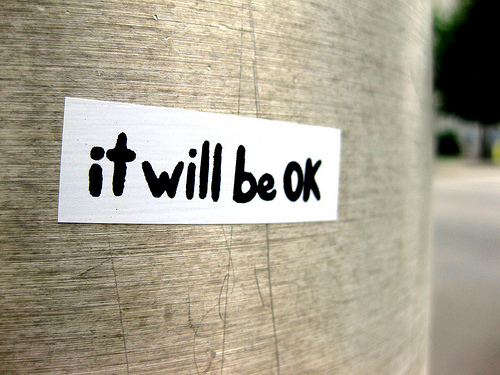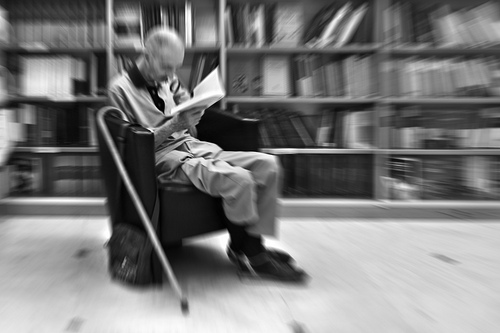
I just answered a huge batch of emails, and there’s a question that keeps getting asked:
“How did you learn all this [stuff you write about on the blog?] Did it come to you in one big epiphany, or a bunch of little ones? Was there a *big* one?”
I’ve been totally fascinated by the topic of human quality of life for twelve years now, and I’ve been writing about it for four. Throughout that stretch of time, I’ve had lots of little breakthroughs and each one left something to build on.
The biggest one of all happened last fall. The feeling of being me changed drastically, over only a couple of days. Life lost its normal mildly-threatening background hum. Today, in almost any given moment I actually feel prepared for the rest of my life. That used to be a rare feeling.
It happened to me when I was experimenting with the much-maligned Law of Attraction, which I am still agnostic towards, but I hit on something that was very out-of-character for me at the time.
I decided to expect everything to go well, for no reason at all.
And generally things did. Everything generally went very well for no discernible reason. Almost everything I did ended up being easier than I thought and more rewarding than I thought, once I decided not to bother thinking about things going badly.
That sums up the best advice I could give anyone: think a lot about what you want, and think only sparingly about what you don’t want.
My whole life I felt like I had some sort of duty to think about what I don’t want, as if it must be helpful in some way, or that somehow it’s healthiest to keep a “balanced” outlook by tempering positive expectations with negative ones.
For about four months I’ve refused to entertain thoughts about what I don’t want, as a rule. I wanted to see what would happen if I just ditched them all as soon as I noticed them.
Instead of everything falling apart, everything started coming together. I found myself doing things I’d been afraid to do for years. It started to feel good to wake up — throughout my whole adult life my first waking thought was almost always a worrisome one.
Normal moments became easy and beautiful. Tough moments tend to make me lucid and patient now. Almost all my remaining social anxiety disappeared. My aversions shrank, my attractions grew. The outside world at large became damn attractive to me, when it used to feel vaguely menacing most of the time.
After thirty years of taking negative thoughts seriously, I felt a little like the doomsayers must have after the recent Mayan non-apocalypse — my model of reality was wrong, and I’d be embarrassed to have wasted so much energy on it if I wasn’t so thrilled to finally get it right.
I can’t believe how prominent imaginary bad outcomes were in my life. Most of my life was spent picturing every kind of disaster, from embarassment to maiming, virtually of it habitual, draining and useless. Read More

 I'm David, and Raptitude is a blog about getting better at being human -- things we can do to improve our lives today.
I'm David, and Raptitude is a blog about getting better at being human -- things we can do to improve our lives today.
عکس پرینت در سال ۱۳۷۶ ابتدا با نام خانه چاپ و طرح ایران فعالیت خود را آغاز کرد و در سال ۱۳۹۵ با تغییر نام به عکس پرینت فعالیت رسمی خود را در حوزه چاپ عکس به صورت آنلاین در بستر اینترنت آغاز کرد و در طی زمان کلیه محصولات...